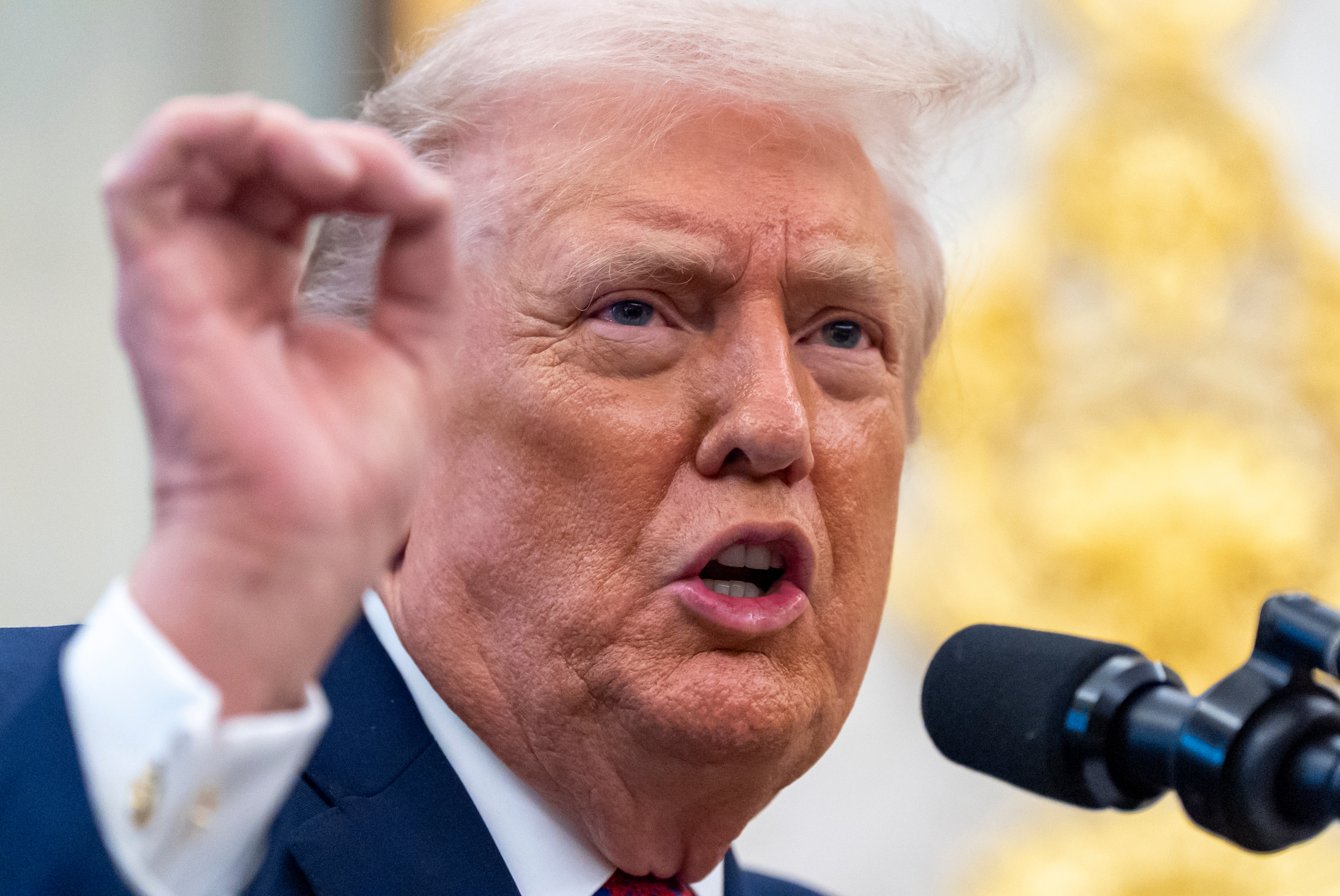A trade deal a decade in the making has been signed by Russia and China, and it's being called historic, massive, landmark and plenty of other adjectives that basically mean "a really big deal."
The agreement, signed by Russian president Vladimir Putin and Chinese president Xi Jinping, would see Russia supply China with hundreds of billions of dollars worth of natural gas over 30 years beginning in 2018. (Via Rossiya 1)
"It's so massive on so many levels." (Via TheStreet)
"The single largest trade deal ever in history." (Via Business News Network)
"It will change the face of the global gas industry as we know it." (Via RT)
Under the agreement, both countries would work to construct a new pipeline from Siberia to China, with Russian gas company Gazprom delivering 38 billion cubic meters of natural gas per year to the China National Petroleum Corporation for decades to come.
It's interesting to note the timing of the deal. Most of the ins and outs were already agreed to years ago, but the two countries have been haggling over price. So why did they finally come together now?
Most reporters seem to think it's part of Putin's plan to "pivot" to Asia by securing trading partners less beholden to Western Europe, a goal that goes back years, but has become much more important to the Kremlin ever since it annexed Crimea and incurred harsh sanctions from the West. Having China as an ally helps Russia mitigate the sting of those sanctions. Indeed, both countries' state-run news agencies, RIA Novosti and Xinhua, mentioned global politics as a reason their cooperation is especially important. (Via Bloomberg, Financial Times, U.S. Department of State)
The New York Times says the deal helps "draw Russia and China closer, forming a more powerful economic counterweight to the United States and Europe."
Neil Cavuto: "Look at this. Inking a $400 billion gas deal. All but a middle finger to us." (Via Fox News)
That's the fear in the U.S. media, anyway: that by pairing up, China can use Russia's energy to fuel more economic growth, Russia can diversify its energy sales to be less reliant on the West, and the U.S. gets left out in the cold. But a few analysts are saying the whole thing could be a bit of a smokescreen.
A Forbes contributor says when dealing with state-backed companies "a contract is never really a contract" and the agreement could fall by the wayside if the two governments don't continue seeing eye-to-eye. "We shouldn’t overstate what [the deal] is going to accomplish because there's no guarantee that it will ever be implemented."
And Businessweek spoke to an economist who said there might not even be a deal. Since no official price has been announced, "It's possible that Russia and China agreed on volumes of gas to be shipped, but decided to kick the issue of price down the road so they could start building the pipeline."
Regardless, the deal still doesn't diminish how important a trading partner Europe is for Russia: it buys almost 75 percent of Russia's total gas exports, meaning Putin's pivot to Asia won't be complete any time soon.










